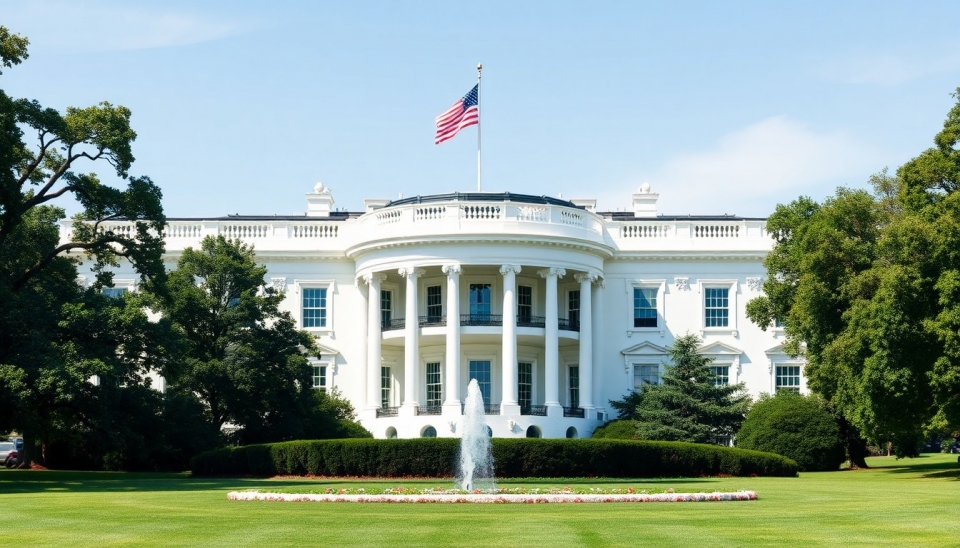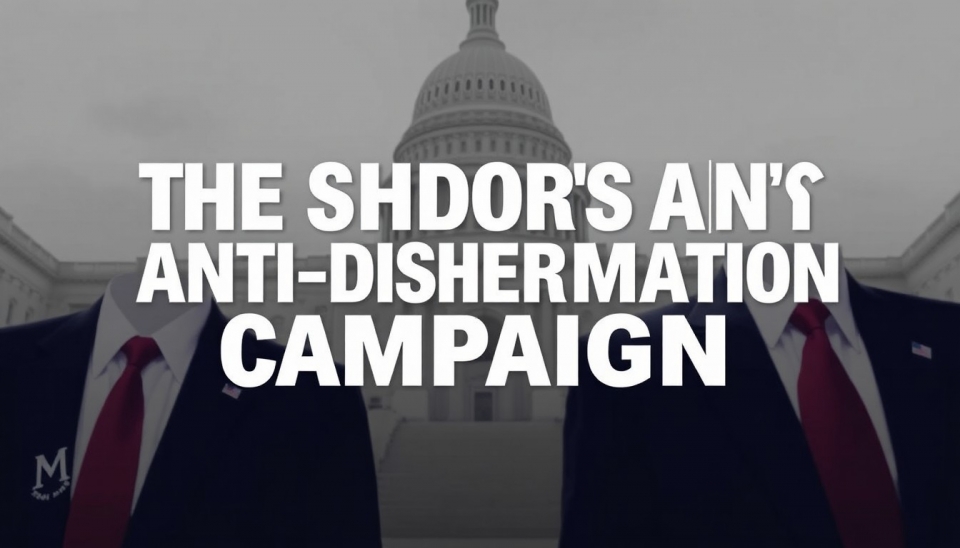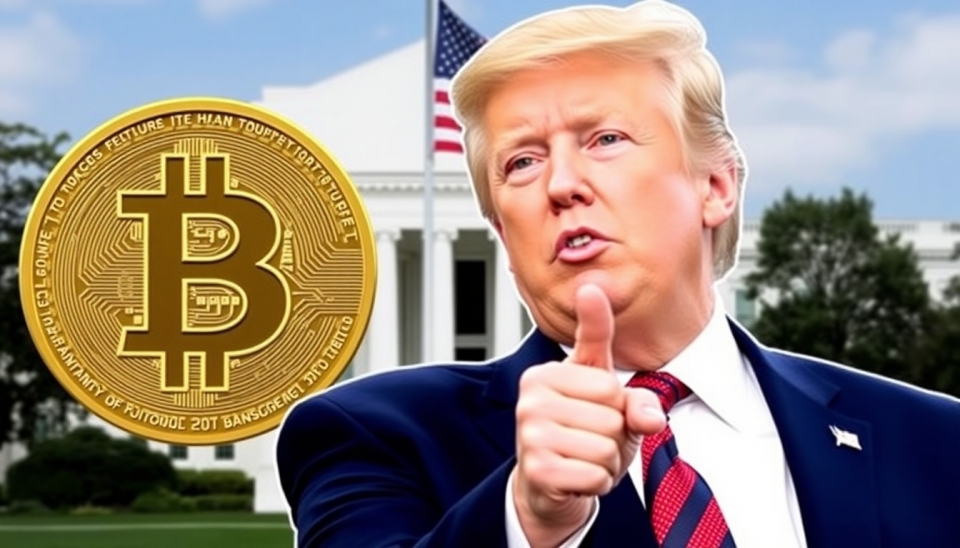
In a climate increasingly dominated by discussions around regulations, former President Donald Trump's recent remarks on the promotion of deregulation are resonating deeply within the artificial intelligence (AI) sector. As technology companies grapple with the implications of governmental oversight, Trump's message is seen as a clarion call for a more laissez-faire approach that many in the AI field believe could foster innovation and speed up growth.
Trump's pitch, which he articulated during a recent rally, emphasized a commitment to loosen regulatory frameworks that are perceived as burdensome to businesses. This is particularly significant for the rapidly evolving AI industry, where rapid development and deployment are critical to maintaining a competitive edge. The former president's alignment with the desires of tech firms is not new; his administration previously overturned multiple regulations, and he remains a staunch advocate for a business-friendly environment.
The backdrop to Trump's statements is a growing concern among AI leaders regarding the potential for extensive regulations to stifle innovation. In a sector defined by its pace and adaptability, there is anxiety that government oversight could slow down advancements, particularly in areas like machine learning, natural language processing, and automation. Trump's anti-regulatory messaging directly addresses these concerns, offering reassurance to companies that may feel threatened by impending legislative measures.
Industry leaders have begun to express their approval of Trump's commitment to deregulation. Many argue that the AI landscape must remain flexible to foster creativity and entrepreneurship. Startups, in particular, are viewing regulatory red tape as a barrier to entry, one that could prevent them from competing with larger, more established players. Trump's rhetoric thus serves as a comforting signal to these emerging companies, suggesting that they will have the freedom to innovate without excessive oversight.
However, it's essential to recognize the nuanced conversation surrounding AI regulation. Proponents of regulation point out that with the immense power and potential consequences of AI technologies, there is a critical need for oversight to ensure ethical standards and public safety. The balance between fostering innovation and safeguarding societal interests is a delicate one, prompting ongoing debates among policymakers, ethicists, and technologists.
As the 2024 presidential race heats up, Trump's anti-regulation platform will likely remain a focal point. For the AI industry, the ramifications of this stance could be far-reaching—potentially opening doors to accelerated development, new investments, and expanded research opportunities. However, the call for less regulation must also be weighed against the need for responsibility and accountability in deploying powerful AI systems.
In summary, as businesses and consumers navigate the complexities of AI technology's future, Trump's emphasis on reducing regulatory burdens has become a rallying cry for the industry. The interplay between innovation and regulation will undoubtedly shape the landscape in the upcoming years, marking a critical juncture for AI's growth and societal impact.
#Trump #AI #Regulation #Deregulation #Technology #Innovation #2024Elections
Author: John Miller




